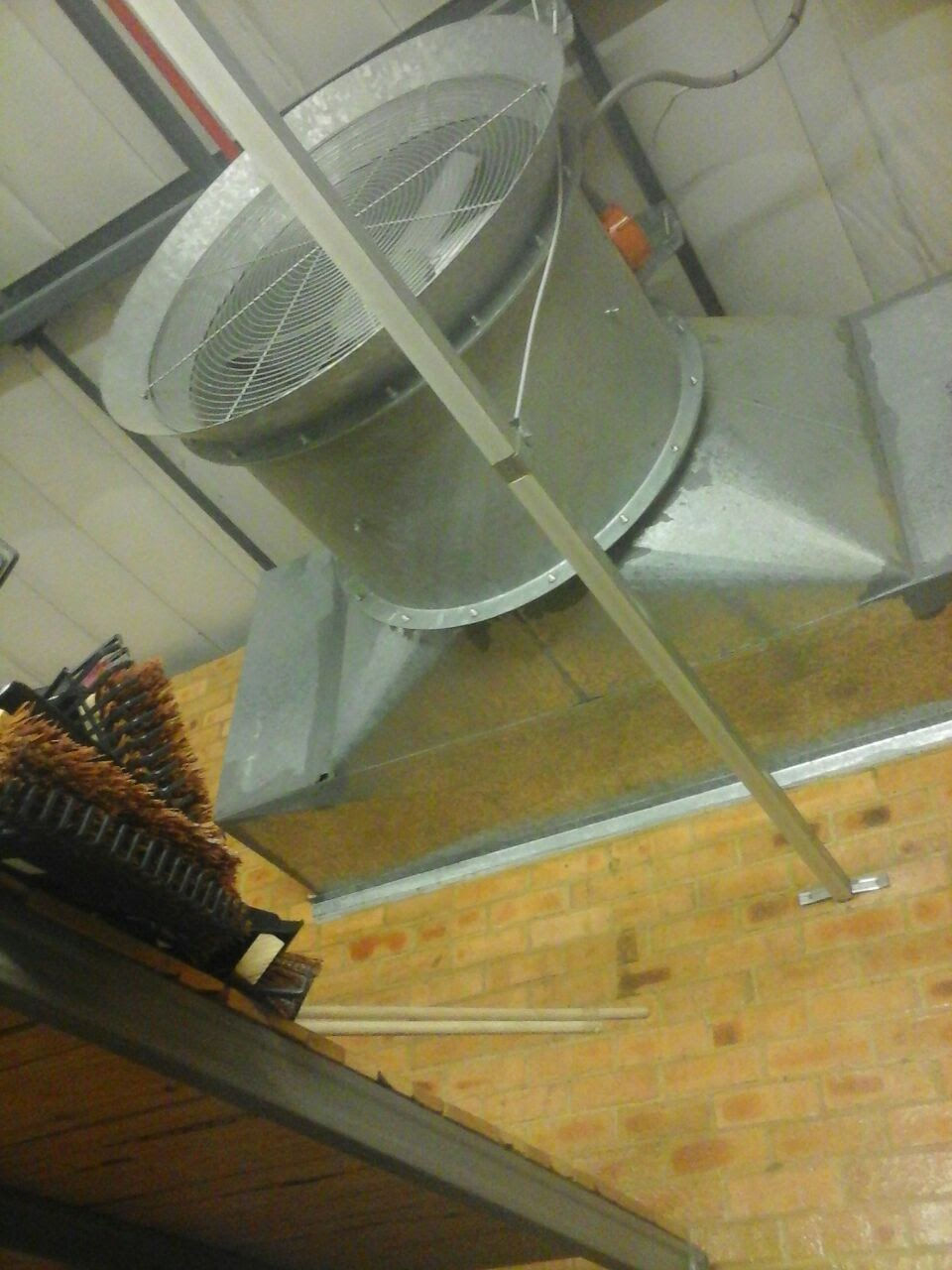WHY YOU NEED A MAINTENANCE CHECKLIST
- Workplace Safety & Prevention Services -
- Sep 15, 2017
- 2 min read
Any ventilation system will have slight performance fluctuations. As with any piece of machinery, a ventilation system is subject to wear, misalignment and breakdowns. Only through regular and thorough maintenance can it remain in effective operating condition.
The following are a few of the more common problems to be aware of:
Hood System
Adjustable slots have been altered
Resistance has been changed (i.e., the hood has been modified or more fume hoods have been inappropriately added, so the velocity and flow rate of air are less than specified)
Holes in the enclosure resulting in air entering the hood in other locations
Inspection doors left open or removed, allowing air to enter

Duct Work
Duct partially plugged, increasing the resistance of air flow and decreasing the flow rate
Damper settings changed which lessens the amount of air flowing through (some duct have fused dampers, designed to close in case of fire, and occasionally, fuses will melt, causing damper to close inadvertently)
Additional ducts added since last inspection
Too many corrugated ducts (high static pressure)
Corrosion, leaks, holes, bent, crushed, dust
Inspection doors left open
Ducts joints have worked loose or become separated
Hangers missing and/or damaged
Blast gates/dampers
Incorrect position (causing system to become unbalanced)

Collecting Devices
Bags missing, blocked, overloaded
Cleaning mechanism not working
Hopper full of dust
Filters clogged
Motors/Fans
Duct or corrosion on fan blades
Incorrect rotation of blades (with flow axial fans, air flow may be reversed; with centrifugal fans, rate of flow may be reduced, making detection more difficult)
Fan blade assembly incorrectly mounted (turned around)
Incorrect fan size for system
Incorrect speed
Field modification to fan wheel or casing
Broken fan belt
Belt slippage/pulley sizes changed
Motors not lubricated, drives belts and other parts worn out
Poor fan inlet connections causing uneven air flow into fan (can reduce fan capacity by 20%)

Checklist
This checklist is a sample only. Modify it to suit your own particular needs and operations. Although intended primarily as a maintenance or department check, it may be useful as a pre-shift check as well.





